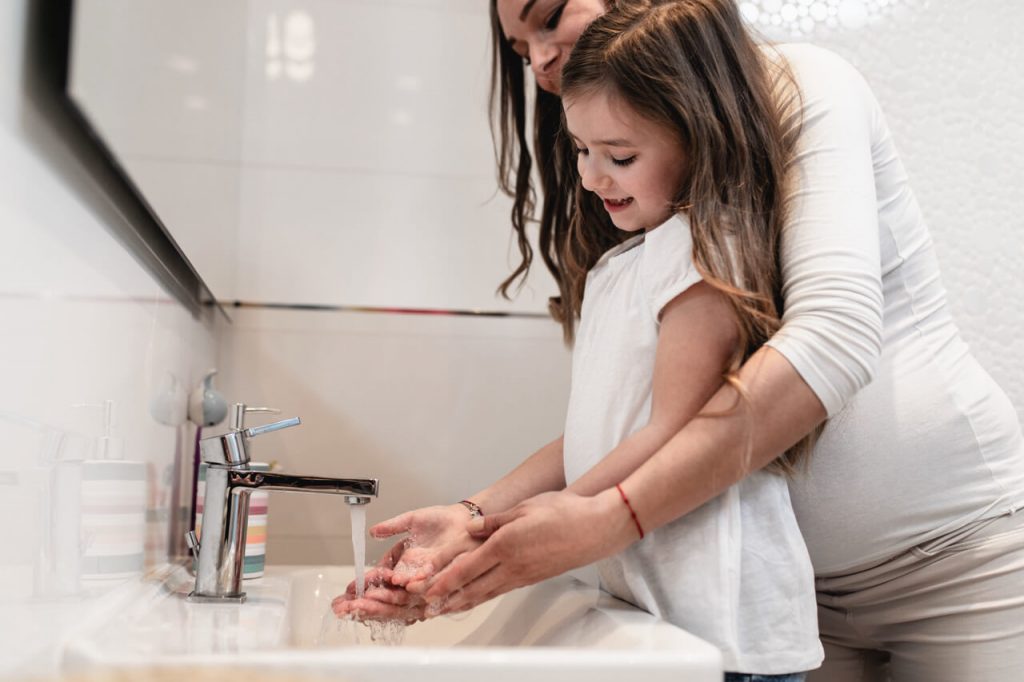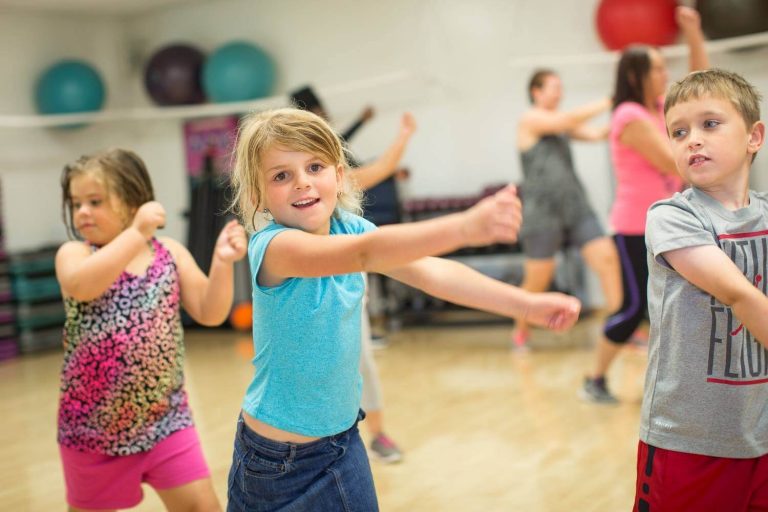We are all in this together. As parents, we may be more aware of this than most, but it is true now more than ever. When we drive down the road, we rely on others to not swerve into our lane. Now that the first COVID-19 cases are in Southeast Michigan, we have to rely on others in our community to do what it takes to keep this virus as contained as possible. At the same time, we are “defensive drivers,” anticipating accidents and acting in prevention, for example by keeping a safe distance behind the driver in front. To extend the analogy, we can practice “defensive public health.” There are things we can do to keep ourselves and our families safe, and the time to do these things is NOW.
First, why should we be cancelling plans and doing all manner of inconvenient things to keep this virus contained? We’ve all gotten every cold and virus out there from our little germ factories, so why is this one different? No one is immune to this virus yet, so you have a high chance of infection if you’re exposed. According to the best data so far from Washington State, Italy, South Korea, and China, almost 4 out of 5 people who get this virus will have a mild disease (fever, cough, and sore throat). Unfortunately, almost 1 in 5 people need some kind of hospital care (such as oxygen or breathing machines) because of trouble breathing. And somewhere between 1 to 4 people out of 100 will end up dying. The difference between places with 4 out of 100 dying and 1 out of 100 people dying is how many people get sick at once. If it’s too many, then there aren’t enough breathing machines or hospital care for those who get sick. Even if you and your family are very healthy and likely to be a mild case, without containment you may spread the virus to others who may not be so lucky.
Second, why should we act now? There have only been 2 cases in Michigan so far (as of 3/11). Because by the time it looks bad, it’s too late. The incubation period is about 10-14 days, which means that a person with COVID-19 who has a cough and low fever might still be at work, school, and going to the grocery store. That person can be spreading the virus through coughing, sneezing, and touching surfaces. The experience in other communities that haven’t done containment early on is to see a hockey-stick rise in cases within 2 weeks.
So, what should we do now? This is what I’ve done in my family, but the right amount of preparation may look different in yours. Please add your ideas and check out the CDC website for more comprehensive information.
Prepare your mind first. Panic mode is tempting, but most likely you and your family don’t have this yet, so take a deep breath. There’s still a lot you can do.
Make your plans. The best laid plans often go awry. But it’s still worth taking a minute to think through and prepare for a few scenarios:
- What will we do if school is closed?
- What if my workplace closes?
- What if someone in my house gets sick with a fever and cough?
- Can I set aside some rainy day money to keep up with bills if things get slow at work?
- Do I have a few days of extra food and water on hand, at least some boxed mac and cheese? I don’t know if this will be needed, but it makes me feel better.
Start with the basics. This is not a drill, but behavior change takes practice.
- Strict hand washing before meals, to a 20-sec tune like the ABC’s.
- Instead of face touching, we are tenting our fingers together like evil masterminds.
- We are developing a little “fresh station” when walking into the house, with a place for dirty items like keys and phones, alcohol swabs/wipes for cleaning them, and hand sanitizer.
- Avoid unnecessary public exposure, sadly this means canceling on some plans.
For more information visit the Center For Disease Control’s website.
Please note, all views expressed in this piece are Dr. Yu’s own and do not represent the views of Henry Ford Health System or any other entity with which she has been or will be affiliated.
SHARE THIS:
About Dr. Eunice Yu
Eunice is a Board Certified doctor of Internal Medicine at the Henry Ford Health System. She’s a graduate of the University of Michigan and had her residency at Johns Hopkins Medical Center.








